Cookie Policy for www.mijoux.eu
1.1 A cookie is a small, special text file, often encoded, sent by a server to a web browser and then sent back (unmodified) by the browser each time it accesses that server. The cookie is installed by a request issued by a web-server to a browser (e.g. Internet Explorer, Chrome, Mozilla) and is completely “passive” (contains no software, viruses or spyware and cannot access information on the user’s hard drive). Cookies are used for authentication as well as for tracking user behaviour; typical applications are the retention of user preferences and the implementation of the “shopping cart” system. These files make it possible to recognise the user’s terminal and present content in a relevant way, tailored to the user’s preferences. Cookies provide users with a pleasant browsing experience and support Gconf Comercial Srl’s efforts to provide convenient services to users: e.g. – online privacy preferences and shopping cart history. They are also used in the preparation of aggregated anonymous statistics that help to understand how a user benefits from www.mijoux.eu, allowing to improve the structure and content but excluding personal identification of the user.
Gconf Comercial Srl uses two types of cookies: per session and fixed (temporary files that remain in the user’s terminal until the session ends or the web application/browser is closed). Fixed files remain on the user’s terminal for a period of time in the Cookie’s parameters or until they are manually deleted by the user. Cookies used by partners of a website operator, including without limitation website users, are subject to the respective Privacy Policy.
A visit to www.mijoux.eu may place: Site performance cookies, Visitor analytics cookies, Geotargeting cookies, Registration cookies, Advertising cookies or Advertising provider cookies.
1.2 Personal data collected through the use of Cookies may only be collected to facilitate certain functionalities for the user and are encrypted in a way that makes it impossible for unauthorized persons to access them. In general, an application used to access web pages allows cookies to be saved on the terminal by default. These settings can be changed in such a way that the automatic management of cookies is blocked by the web browser or the user is informed each time cookies are sent to his terminal. Detailed information about the possibilities and modes of cookie management can be found in the settings area of the application (web browser). Limiting the use of cookies may affect certain functionalities of www.mijoux.eu. Cookies are at the heart of the efficient functioning of the Internet, helping to generate a user-friendly browsing experience tailored to the preferences and interests of each user. Refusing or disabling cookies may make some sites unusable. Due to their flexibility and the fact that most of the most visited and largest sites use cookies, they are almost unavoidable; disabling cookies will not allow the user access to the most popular and used sites including Youtube, Gmail, Yahoo and others.
Examples of important uses of cookies:
Content and services tailored to user preferences – product and service categories.
Access tailored to user interests – password retention.
Retention of child protection filters on Internet content (family mode options, safe search functions).
Measurement, optimisation and analytics features – such as confirming a certain level of traffic to a website, what type of content is being viewed and how a user gets to a website (e.g. via search engines, directly, from other websites, etc.). Websites perform these usage analyses to improve their websites for the benefit of users.
Security and privacy issues Cookies are NOT viruses and use plain text formats; they are not made up of pieces of code so they cannot be executed or auto-run. Consequently, they cannot be duplicated or replicated on other networks to run or replicate themselves again. Since they cannot perform these functions, they cannot be considered viruses. Since cookies can be used for negative purposes because they store information about users’ browsing preferences and history, both on a particular site and on many other sites, and are used as a form of Spyware (spying on consumer activity), many anti-spyware products constantly mark cookies for deletion as part of anti-virus/anti-spyware deletion/scanning procedures.
Browsers generally have built-in privacy settings that provide different levels of cookie acceptance, validity period and automatic deletion after the user has visited a particular site. As identity protection is very valuable and is the right of every internet user, it is advisable to know what possible problems cookies can create. Because cookies constantly transmit information back and forth between the browser and the website, if an attacker or unauthorised person intervenes in the data transmission path, the information contained in the cookie can be intercepted. Although very rare, this can happen if the browser connects to the server using an unencrypted network (e.g. an unsecured WiFi network). Other cookie-based attacks involve incorrect cookie settings on servers. It is very important that the User chooses the most appropriate method to protect personal information and to:
Customize browser settings regarding cookies to reflect a level of cookie security that is comfortable for you.
Set long expiration times for storing browsing history and personal access data.
Consider setting your browser to delete individual browsing data each time you close your browser. This is a variation of accessing sites that place cookies and deleting any visit information when you close your browsing session.
Install and constantly update antispyware applications.
Many spyware detection and prevention applications include detection of attacks on websites. This prevents the browser from accessing websites that could exploit browser vulnerabilities or download dangerous software. It is recommended to constantly update your browser software, as many cookie-based attacks are carried out by exploiting weaknesses in older browser versions. All modern browsers offer the possibility to change cookie settings. These settings are usually found in the “options” or “preferences” menu of the browser.
1.3. The customer has the right to object to the collection of his personal data and to request its deletion, thereby revoking his consent given for the document, and thereby waiving any implied right specified therein and without any further obligation of either party towards the other or without either party being able to claim damages from the other, but only in accordance with Article 2.8.
1.4. In order to exercise the rights under art. 6.3, the Customer or the Member shall contact Gconf Comercial Srl, according to the contact details available on the website, valid at that time.
1.5. Using the forms available on the site, the Customer or Member has the right to modify the data that he/she has initially declared to reflect any change that has occurred, if any.
1.6. If the Customer opts for online payment by card of the value of orders, contract and / or contracts, the authorization and remittance for settlement of card acceptance transactions is made exclusively through the partner company through the integrated solution; the partner company is the supplier of Gconf Comercial Srl of software solution to facilitate e-commerce, i.e. payment services, payment management and anti-fraud protection.
All types of cards issued by Romanian and foreign banks under the VISA and MasterCard logos are accepted provided that the issuing banks have activated them for online payment. Credit cards are also accepted for payment in instalments as listed on the payment information page. Other payment methods are bank transfer or cash on delivery.
1.7. Gconf Comercial Srl does not request and does not store any information related to the Client’s bank card(s), which is processed directly on the servers of the online payment service provider.
1.8 Gconf Comercial Srl Privacy Policy refers only to data voluntarily provided by the Client or Member exclusively on the website. Gconf Comercial Srl is not responsible for the privacy policy practised by any other third party that can be reached through links, whatever their nature, outside the site.
1.9. Gconf Comercial Srl undertakes that the data collected from the Client/Member shall be used only in accordance with the declared purposes and shall not make public, sell, rent, license, transfer, etc. the database containing information on the personal or special data of the Member/Client to any third party not involved in the fulfilment of the declared purposes.
1.10. An exception to the provisions of Article 6.9 shall be made in the event that the transfer/access/display/etc. is requested by the competent authorities in the cases provided for by the regulations in force at the time of the event.
1.11. The bank card processor approved by Gconf Comercial Srl , Info 3D Secure has the right to access/view any type of data/documents, generated following an issued order, cancelled order, contract, cancelled contract or honoured contract, in order to investigate any Transaction, if it exists.
1.12. Gconf Comercial Srl guarantees that the personal data of a User, collected through the contact form, will be used only until the solution of the problem communicated by the User, after which they will become exclusively statistical data.
1.13. Gconf Comercial Srl shall not be liable for any failure that may jeopardize the security of the server on which the database containing such data is hosted.

